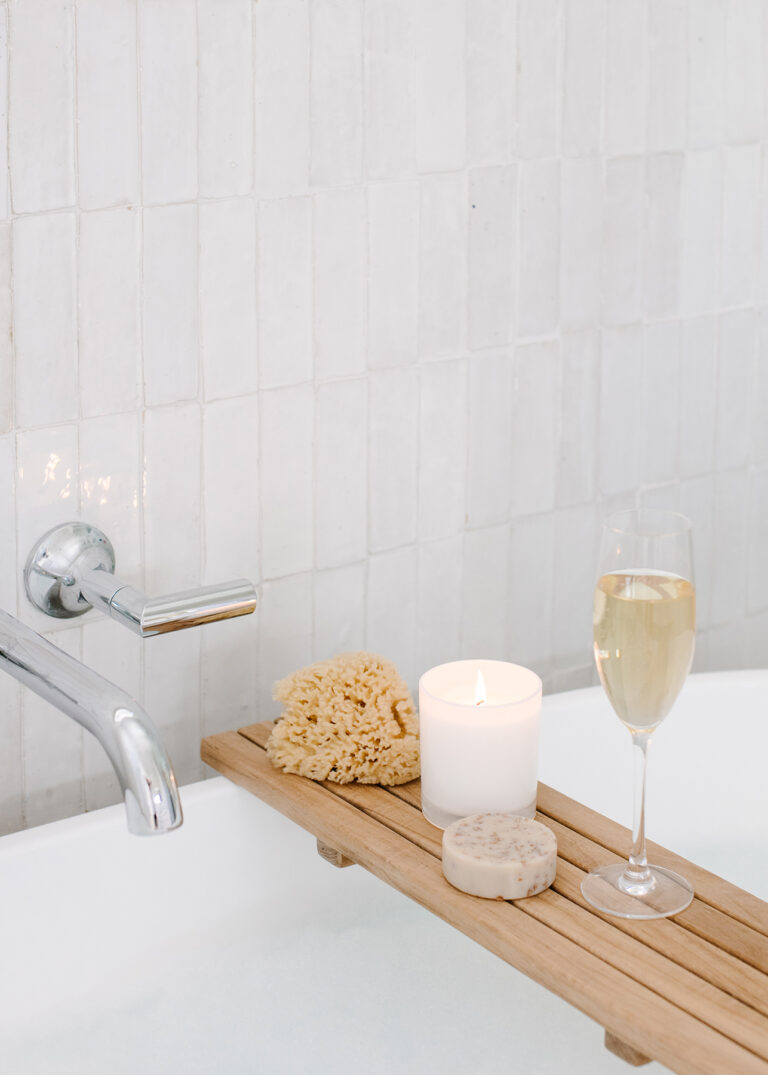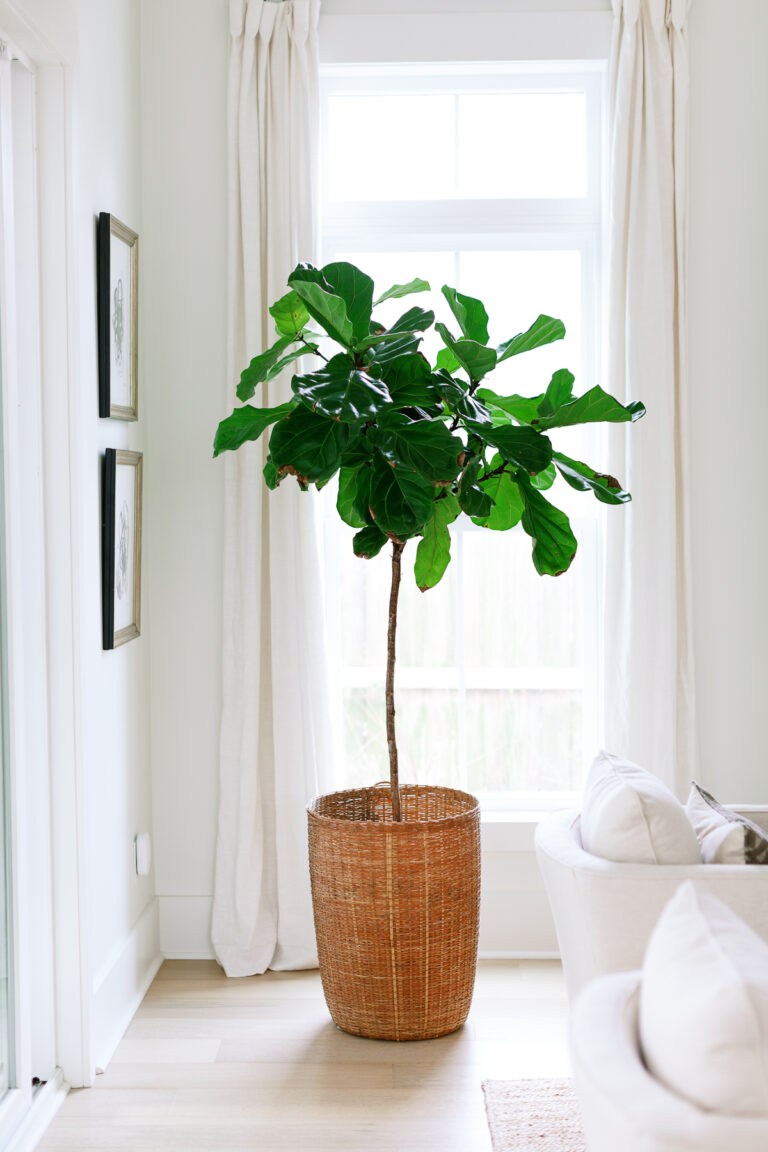I love to journaling.
Back in 2001, I accidently fell into the practice. I had applied to become an exchange student, and was on my way to Jamaica for a year. To prepare for my journey, I had visited the bookstore to find reading material to take on my flight. While looking for books, I stumbled upon the cutest little journal pictured below.
Now though it’s quite common now, back in those days, it was very difficult to find black stationary in Toronto. Once I saw the journal, I had to have it. I didn’t really know what I wanted to do with it, I just loved the look of it and purchased it on the spot. Unknowingly to me, this was the start of a practice, that would see the purchase of many journals which followed.
Initially journaling was a place where I could simply release all my burdens. I used it as the place where’d I’d process the trials I was going through, or document my thoughts. A lot of times, it was the place where I’d simply just vent. As time went on, I’ve moved past using them as a place to air my frustrations, but a space for introspection, celebration, and the creation of future desires. I now look at them as running documentation of my growth and transformation. One day someone will come across all these pretty books, and have a very clear picture of who I was. I think of it as a very raw, uncensored, unedited biography. However, beyond being a place to document one’s life, there are so many benefits of journaling.
Now a journal can be used for whatever you desire. There is no “right” way to journal. However, below are some tips on how to get the most out of such a powerful practice
- Lose the filter – I know a lot of people struggle with journaling, because it leaves them vulnerable. There is something about taking your thoughts, and putting them into a form which opens you to the world. However, one of the benefits of journaling is being able to be your authentic self and hear your own voice. We often don’t have many spaces where we can just “be”. Where we can take off our masks, and share how we truly feel. It can be quite liberating to be able to do this. Challenge yourself to lose the filter, and connect to the authentic you.
- Keep it in a safe space – I recall working with a client who shared that journaling wasn’t the greatest tool for her, because though she lived a lone, she feared that someone would find it, and all her deepest thoughts and secrets would be exposed. This is a very valid concern. If this is something which censors you, try to keep your journal in a space where it isn’t accessible. Don’t just leave it on the nightstand, seek a more discreet place. Underwear drawer, in a purse, the back of a closet, etc.
- Use journal prompts – many people struggle with what to use their journal for, or even what to write about. If this is you, journal prompts are a great way to get the juices flowing. If there is a specific issue you struggle with, a prompt may be a great way to focus your thinking. These days, you can find prompts for just about everything. You can even find journals which already have prompts within them. Depression, self improvement, motherhood, finances, you name it. Below, I’ve provided some topics just to get you started.
- Find something you enjoy writing in – As I shared earlier, I kind of fell into journaling, with the cover of my first journal. Often my journals have very inspiring quotes in or on them, which put me in a great mood. Since this is a practice that I’ve done for years, and intend to continue, buying journals is a regular thing for me. I have a number of blank journals at any given time, so when it’s time for me to start a new one, I simply pick the most inspiring one from out of the bunch.
- Use it for the good and the bad – Journals don’t always have to be about doom and gloom. A journal can be a place where you document your wins, and lay out your future dreams. A mindfulness exercise I sometimes use with clients, is getting them to start a gratitude journal. A place where they are able to write about all the things which they are grateful for, so on the days they are feeling down, the journal is a great reference. It’s a book with many blank pages. You get to choose what you fill them with. Remember you get to author your life.
- Get in touch with your feelings – Sometimes it can be difficult to get in touch with our emotions, and identify what we truly feel. Journaling can be a tool to connect with our emotions on a deeper level. Rather than simply describing events, go a little deeper, by connecting with the feelings which arise from these incidences. “I felt….” Statements are perfect for achieving this. Describe how you felt, and why. If you find that you have a pattern of using the same emotion to describe the feeling, try to find other words. This can really enhance the benefits of using a journal.
I truly stand by the power of journaling. It’s a real inexpensive way to practice self care. I encourage you, to find a journal you love, and start the documentation process. No one can tell your story better than you.
If you want a blueprint for journaling, check out our Resource page to get access of our journal workbook!
Prompts:
The thing I love the most about myself…..
In 5 years the vision I have for myself is….
One of the biggest lessons I’ve lessons learnt thus far….
The one thing I would tell my teenage self……



